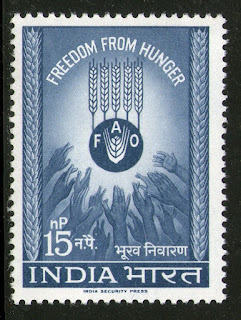Rosie the Riveter Day is observed in the United States on March 21st each year. This day honors the contributions and achievements of the millions of women who joined the workforce during World War II, particularly in the defense industry, to support the war effort.
The iconic image of Rosie the Riveter, symbolized by a determined woman wearing a red bandana and flexing her arm with the caption "We Can Do It!", has become emblematic of the vital role women played in the war effort. Women took on jobs traditionally held by men, including roles in manufacturing, shipbuilding, aviation, and other industries critical to wartime production.
Rosie the Riveter Day serves as a reminder of the important social and economic changes brought about by the wartime mobilization of women, as well as a celebration of their resilience, strength, and contributions to the nation's history.
Various events, activities, and educational programs are held on Rosie the Riveter Day to commemorate the accomplishments of Rosie and the millions of women who supported the war effort, as well as to promote gender equality and women's empowerment in the workforce and society.
.webp)

.jpg)







